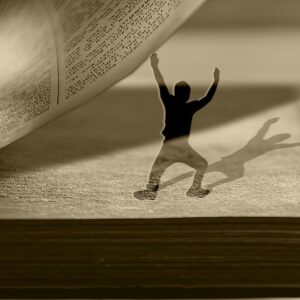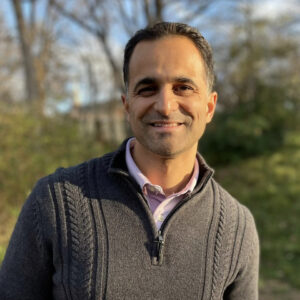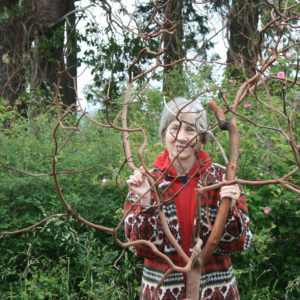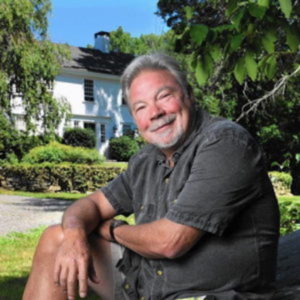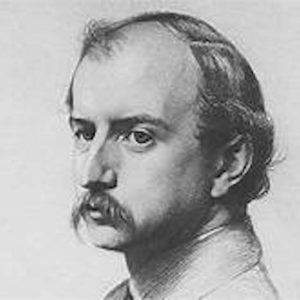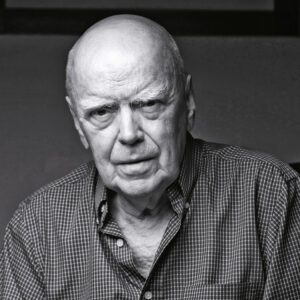
Poland—History and Witness: Q&A with Charles Kraszewski
Rymkiewicz is fighting a battle on two fronts. On the one hand, he resorts to what you call a “documentary” style in order, like a historian, to establish the objective reality of what once happened, while he will switch to “personal recollections of childhood” to make of his account an eyewitness testimony, not merely a thoroughly researched historical account.

